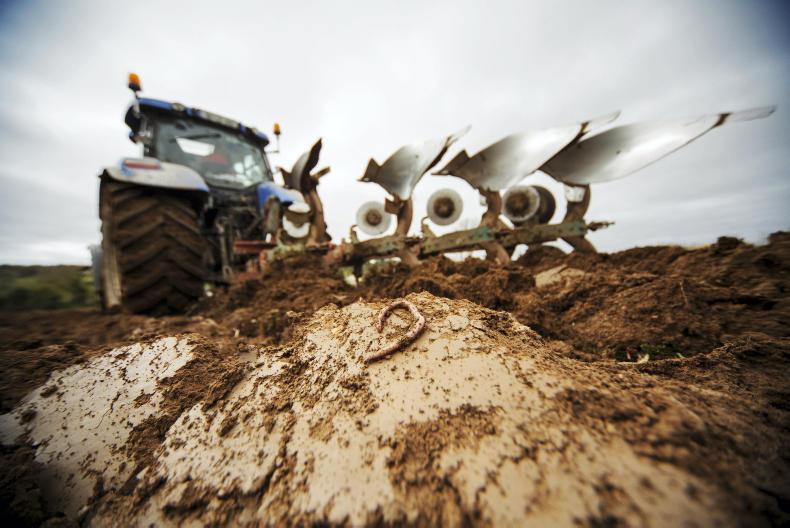The UK’s multi-billion divorce bill for leaving the EU could be agreed quickly and used to fund payments to farmers in any transition period, this week’s conference of the Agricultural Economics Society heard.
A contribution by the UK to the EU will ease the problem of finding funds for problems that arise from Brexit, said Alan Matthews, professor emeritus at Trinty College Dublin. “But it will be minor. Of every €10bn that the UK will pay in, our share will be €52m extra for Irish farmers – if it’s given to Irish farmers. So the amount of money involved is not huge in the greater scheme of things.”
Irish negotiators will need to be careful and aggressive on the details of a future EU/UK trade deal, he warned. For example, depending on how existing UK tariff rate quotas are treated, one scenario could see Irish food exports to the UK subject to new tariffs but New Zealand exports redirected to EU continental markets without tariff.
Consultation on the next CAP is being accelerated because of the effect Brexit will have on the EU budget, Matthews said.
Many questions would then arise, he said. “Will cuts come in Pillars I or II? What will be the implications for co-financing? Will those member states that opposed co-financing drop their opposition to it?”
Professor Alan Swinbank of the University of Reading said that he hoped that the UK government would, after Brexit, phase out direct farm payments “and put the money to more use”. To facilitate a trade deal with the UK, the EU should consider cutting its very high tariffs on dairy, beef and sugar. “A border tax of 10% would still give EU farmers more protection than most other sectors.”
Read more
Irish companies investing in UK ahead of Brexit
The future of farming is at stake - Healy
Hard Brexit, soft Brexit and future UK market access: what leaders said
Dempsey at Large: ‘I don’t envisage tariffs on Irish beef’ – Leadsom
Editorial: is common sense starting to prevail in Brexit talks?
The UK’s multi-billion divorce bill for leaving the EU could be agreed quickly and used to fund payments to farmers in any transition period, this week’s conference of the Agricultural Economics Society heard.
A contribution by the UK to the EU will ease the problem of finding funds for problems that arise from Brexit, said Alan Matthews, professor emeritus at Trinty College Dublin. “But it will be minor. Of every €10bn that the UK will pay in, our share will be €52m extra for Irish farmers – if it’s given to Irish farmers. So the amount of money involved is not huge in the greater scheme of things.”
Irish negotiators will need to be careful and aggressive on the details of a future EU/UK trade deal, he warned. For example, depending on how existing UK tariff rate quotas are treated, one scenario could see Irish food exports to the UK subject to new tariffs but New Zealand exports redirected to EU continental markets without tariff.
Consultation on the next CAP is being accelerated because of the effect Brexit will have on the EU budget, Matthews said.
Many questions would then arise, he said. “Will cuts come in Pillars I or II? What will be the implications for co-financing? Will those member states that opposed co-financing drop their opposition to it?”
Professor Alan Swinbank of the University of Reading said that he hoped that the UK government would, after Brexit, phase out direct farm payments “and put the money to more use”. To facilitate a trade deal with the UK, the EU should consider cutting its very high tariffs on dairy, beef and sugar. “A border tax of 10% would still give EU farmers more protection than most other sectors.”
Read more
Irish companies investing in UK ahead of Brexit
The future of farming is at stake - Healy
Hard Brexit, soft Brexit and future UK market access: what leaders said
Dempsey at Large: ‘I don’t envisage tariffs on Irish beef’ – Leadsom
Editorial: is common sense starting to prevail in Brexit talks?






 This is a subscriber-only article
This is a subscriber-only article





SHARING OPTIONS: